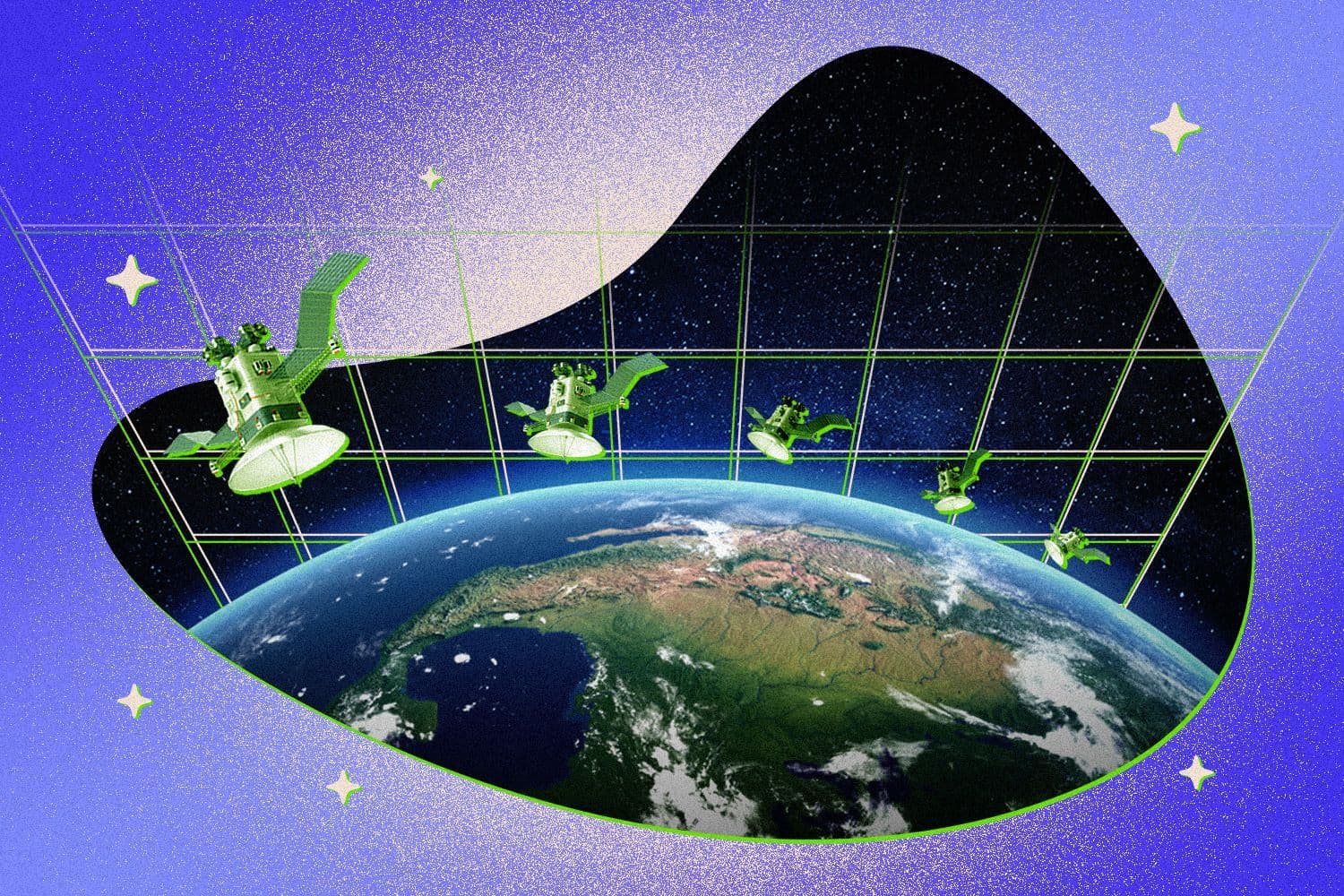Taiwan is working on its own satellite network
The island nation’s plan to build its own network is likely driven by national security concerns, one former US deputy national security advisor says.

Francis Scialabba
• 3 min read
Taiwan is building its own satellite network sans Elon Musk, the New York Times reported March 14. It’s a move that Victoria Coates—a former deputy national security advisor to President Donald Trump—says is likely driven by Taiwan’s concern for national security.
“You have a country like Taiwan, which is very sophisticated in terms of technology, obviously, realizing that one of the great threats to them would be China cutting off the internet—and very particularly trying to cut off the free internet,” she told IT Brew.
Coates, now the vice president of the Kathryn and Shelby Cullom Davis Institute for National Security and Foreign Policy at The Heritage Foundation, said Taiwan’s upcoming satellite network is one tool it could use in the event that China tries to participate in “contemporary warfare” via a “blockade…rather than a direct invasion.”
Same, same—but different. Consul General Gregory May, a US diplomat in Hong Kong, recently raised the alarm on Hong Kong’s increasing internet censorship, according to a Bloomberg report. “The protocols of the [mainland China] system are now being imposed on Hong Kong with really deadening effects,” Coates said.
Anchored. It’s no secret Taiwan has a strong semiconductor industry, so much so that China has offered Taiwanese engineers 500% more if they relocated to mainland China, IT Brew reported in February. But Taiwan lacks a solid communication infrastructure, as the New York Times noted, reporting that fiber optic cables connecting the country to the internet experienced multiple breakages since 2017.
Top insights for IT pros
From cybersecurity and big data to cloud computing, IT Brew covers the latest trends shaping business tech in our 4x weekly newsletter, virtual events with industry experts, and digital guides.
Last February, residents of Taiwan’s Matsu islands were temporarily cut off from the internet after officials said a Chinese fishing boat and cargo vessel had severed communication cables between Taiwan and Matsu.
“So, again, that alerts them that this is something China is willing to do,” Coates said. “It's a capacity that they have—and if they have a more cable-based internet access right now, having an ironclad, completely reliable, state-provided alternative from a satellite platform, I think makes all the sense in the world.”
Game plan. By the end of this year, Taiwan will have deployed “700 domestic NGSO satellite terminal equipment sites (hot spots), 70 cellular satellite backhaul sites, and three international NGSO satellite terminal equipment sites” across 773 locations, according to the country’s Ministry of Digital Affairs.
Noting the benefits of the satellite networks that supported and provided stable communication to people amidst the 2022 Tonga volcano eruption and the ongoing Russia-Ukraine war, the Ministry of Digital Affairs told IT Brew in an email that Taiwan is “promoting the Program for the Digital Resilience Validation of Emerging Technologies for Contingency or Wartime Applications, to verify the feasibility of NGSO as an emergency alternative communication network.” A spokesperson noted that this would “ensure that the government command system can still maintain essential and safe communication in emergencies.”
Top insights for IT pros
From cybersecurity and big data to cloud computing, IT Brew covers the latest trends shaping business tech in our 4x weekly newsletter, virtual events with industry experts, and digital guides.